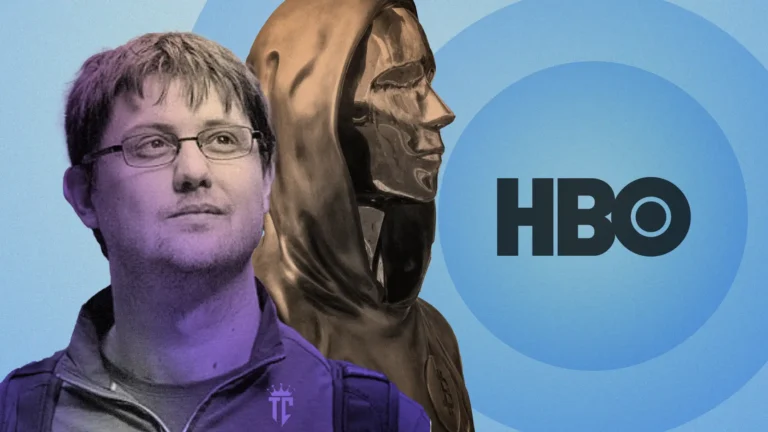Australian computer scientist Craig Wright, who once claimed to be Bitcoin’s mysterious creator Satoshi Nakamoto, has been legally compelled to update his website with a notice admitting he is not the inventor of Bitcoin. This ruling comes after a UK court found that Wright lied extensively, forged documents, and abused legal systems in the UK, Norway, and the US to support his false claims.
The court’s decision is part of a case brought against Wright by the Crypto Open Patent Alliance (COPA), which aims to prevent him from claiming copyright over the Bitcoin whitepaper and suing his critics and developers. Wright’s fraudulent actions led to the judge, Justice James Mellor, ordering that the notice be displayed on his website for six months, linking to the full judgment and detailing the forged documents.
Additionally, Wright must post similar notices on his Twitter/X account and Slack channels. Despite his intention to appeal, as expressed on social media, he has not yet filed for permission to do so. The court’s final judgment also refers Wright and his colleague, Stefan Matthews, to the Crown Prosecution Service for potential perjury charges.
This legal battle highlights the importance of honesty and integrity in the cryptocurrency space, reminding us that false claims can be legally challenged and corrected.


